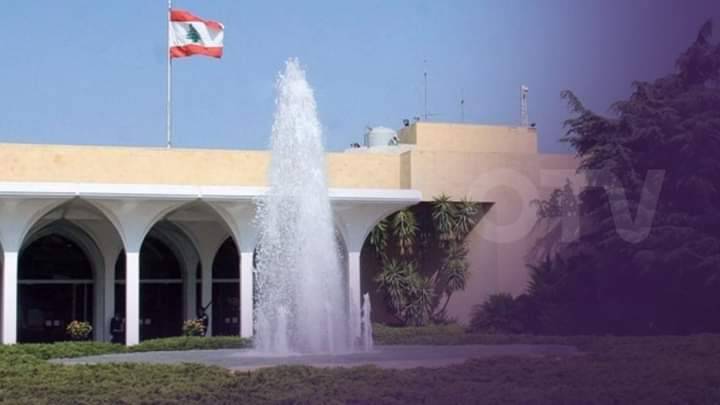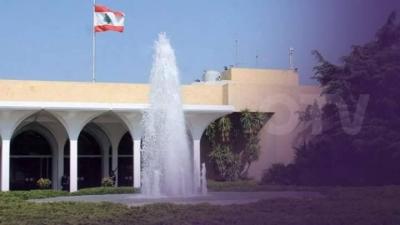Many are waiting for the fate of the customs dollar decree, and whether it will witness an increase from 1,500 lira to a dollar based on the "Sayrafa" rate, which would exceed the threshold of 26,000 lira, resulting in a rise in the prices of many goods covered by the decree signed by the Prime Minister and the Minister of Finance. However, it remains pending the signature of the President of the Republic.
It can be said that the decree signed by Najib Mikati and Youssef Khalil lacks logic, which prompted President Michel Aoun to pause for about two weeks to study the decree carefully and its negative implications for citizens, particularly those with limited income who now make up a significant portion of the Lebanese population.
MTV has learned that Aoun rejected the decree, refusing to sign it and justifying his decision with a series of reasons, including that it is not appropriate to raise the fee immediately by such a high percentage amid unclear positive outcomes for the treasury and the verification of its catastrophic results for many families that will be deprived of many materials included in the prepared decree, which will increase social disparities among the Lebanese.
Aoun's step is considered natural and logical; he prefers that fees increase gradually, allowing for the sequential assessment of their impacts.
Aoun's rejection of the decree means that its amendment and resubmission for signature by Mikati and Khalil, followed by sending it to Aoun for his signature, seems unlikely before the end of his term on October 31, which negates the previous statements made by former MP Nicolas Nahas regarding an agreement reached to raise the customs dollar fee with the President's approval.
It is noteworthy that the head of the Finance and Budget Committee, MP Ibrahim Kanaan, who also opposes raising the customs dollar fee to be based on the "Sayrafa" rate, confirmed last week to MTV that President Aoun would not sign the decree.
Aoun's decision is likely to bring relief to certain sectors that would have faced a fatal blow from raising the customs dollar fee, such as the new and used car sectors and the mobile phone sector, among many others, considering that the Ministry of Economy and Trade had prepared a preliminary study on the volume of fees that would be collected if the decree were approved.




